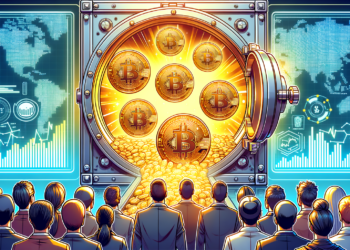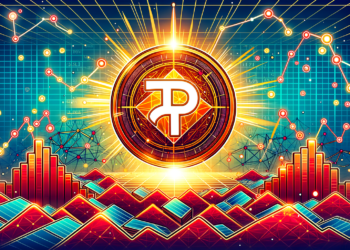Author: Forbes

Ripple Labs CEO Brad Garlinghouse.
Image source: Stephen McCarthy/Sportsfile/Collision/Getty Images
In March 2024, we published a report on "zombie blockchains," listing at least 50 cryptocurrency projects with market capitalizations exceeding $1 billion, mainly supported by speculation rather than real-world applications. Ripple, which aspired to replace the global banking information service SWIFT but failed to achieve its ambitions, topped the list. At that time, its market capitalization reached $36 billion, but its annual fee income was only $583,000.
But recently, Ripple Labs has been developing rapidly.
In the private market, the company's share price currently fluctuates between $135 and $170, up about 2 to 3 times since the beginning of the year, with a valuation between $22 billion and $30 billion. For reference, this valuation is already close to that of stablecoin issuer Circle. Ripple wants to compete with Circle and even attempted to acquire it before its IPO in June. Currently, Circle's valuation is about $34 billion, and its share price has risen 352% since its June 5 IPO. Ripple's token XRP (which does not grant holders ownership of the company) has risen 366% so far this year, with a market capitalization approaching $150 billion.
Ripple has now also caught the wave of the digital asset treasury boom.
In recent weeks, several companies have announced treasury strategies centered around XRP, the most notable being Evernorth, which plans to raise over $1 billion. For a company that has long struggled to make business progress, the fact that enterprises are willing to consider holding its token shows their great trust in Ripple.
With Ripple's five-year legal dispute with the SEC coming to an end, such a transformation is actually not surprising.
In 2020, the SEC sued Ripple, accusing it of selling XRP as an unregistered security, ultimately resulting in Ripple paying a $125 million fine. In addition, Ripple has completed several high-profile acquisitions: acquiring treasury management software provider GTreasury for $1 billion, prime broker Hidden Road for $1.25 billion, and stablecoin payment platform Rail for $200 million. Between 2023 and 2024, Ripple also acquired digital asset custody company Metaco (for $250 million) and Standard Custody (acquisition amount undisclosed).
Although in terms of application usage and developer activity, the XRP Ledger still lags behind other more popular blockchains, it is clear that today's Ripple is completely different from a year ago.
"Sometimes people think change is a bad thing, but I think it's actually a sign of healthy development and moving towards excellence, especially in emerging technology fields," said Joe Naggar, CEO and CIO of crypto hedge fund Feynman Point Asset Management, which is also one of Ripple's investors.
He added: "Ripple has a meticulous approach to capital structure, but this was not fully reflected before due to regulatory pressure. I believe Ripple vividly demonstrates how a company can develop without a harsh legislative and regulatory environment. This careful consideration also sets Ripple apart from other protocols with large treasuries—those foundations behind the protocols lack real leadership and don't know whom they serve. But if you ask Brad Garlinghouse (Ripple's CEO), his answer will be very clear: to serve shareholders."
Naggar believes that if you want to find a reference for Ripple today, it should not be Circle or other blockchain companies, but Coinbase. Coinbase also conducts custody and prime brokerage business and has a revenue-sharing agreement with Circle.
Austin King, CEO of crypto trading company Nomina (who sold his first company to Ripple in 2019), has an even more pointed view: "There are a lot of people in the crypto space who have criticisms of Ripple, but the fact is, Ripple has incredible vision. Their technology has existed for ten years. I think Ripple's current bet is to find synergies among these different businesses and integrate them into a comprehensive financial services group."
Therefore, Ripple's next major question is whether it can integrate the acquired businesses into a unified system and truly create value for its core technology—the XRP Ledger.


